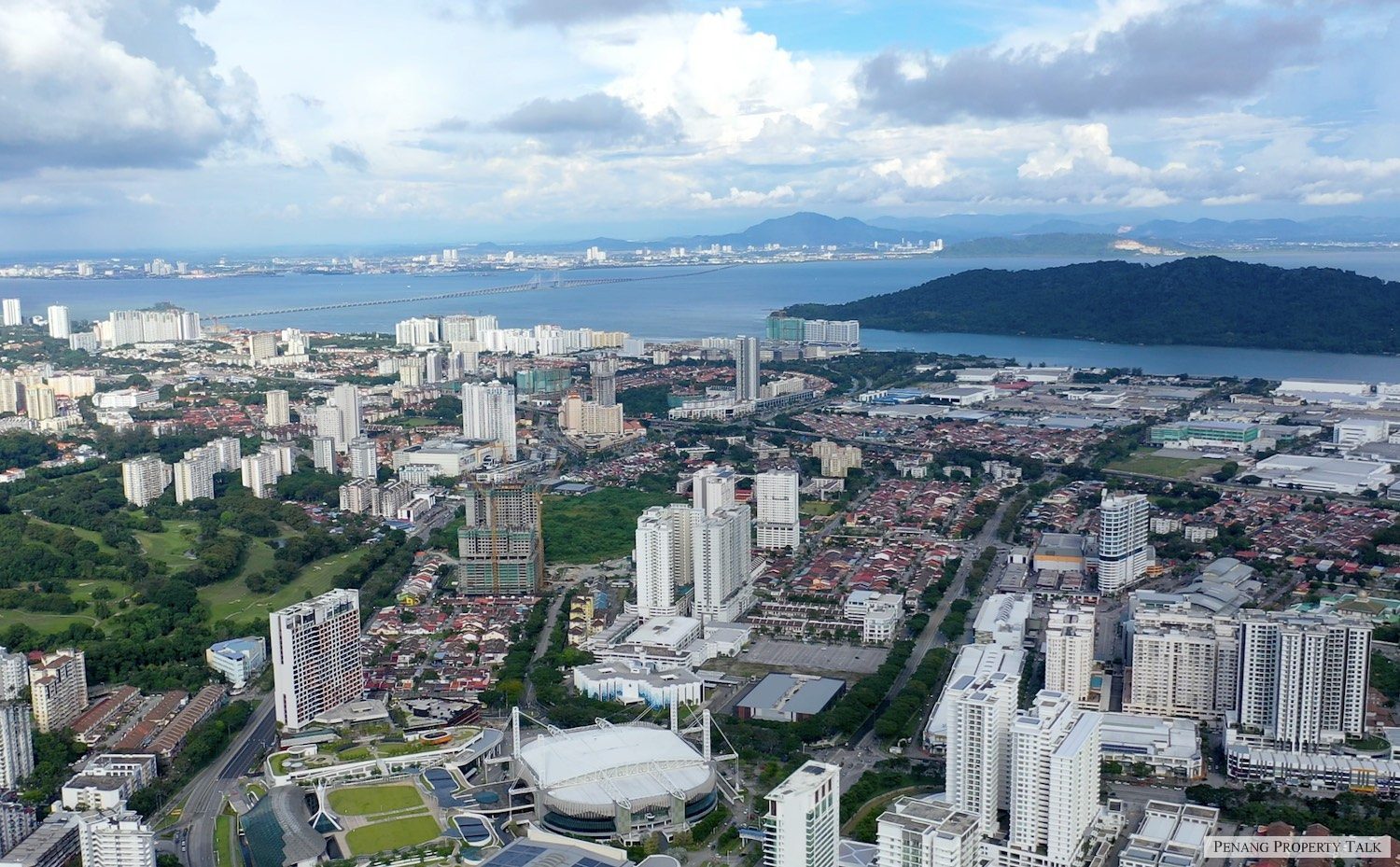Vacancy tax more likely to hurt than help
In Malaysia, a vacancy tax is more likely to hurt homebuyers and homeowners rather than ease a property glut.
This is the view expressed by the National House Buyers Association (HBA) and an independent researcher in response to a proposal for the introduction of a levy for properties that remain vacant for an extended period.
HBA secretary-general Chang Kim Loong said developers would be forced to raise prices of new launches to cover the additional cost, while researcher Aziff Azuddin said it would be a burden for individual homeowners.
Khazanah Research Institute research director Suraya Ismail recently proposed that a vacancy tax be imposed to “correct current imbalances in the property and rental markets”.
She said a vacancy tax would also discourage speculation for quick profits.
According to the National Property Information Centre (Napic), there were 27,746 residential units still unsold in 2022. Collectively, they are valued at RM18.41 billion.
Chang said local developers do not intentionally hoard completed units to inflate prices. “They are just not able to sell them,” he told FMT Business.
It may work in other countries, but not in Malaysia, he said.
In Vancouver, Canada and Victoria, Australia, the vacancy tax is imposed on owners of properties that are left vacant for more than six months.
Chang clarified the HBA does not sympathise with developers even when there is an overhang because they were the ones responsible for building properties that the people cannot afford.
“However, a vacancy tax on unoccupied and unsold completed properties will not help to resolve the problem,” he said.
He said developers would only raise prices for future launches, leading to higher prices for new properties.
He said it should be left to market forces to ease the property overhang.
“If developers hold too much inventory, they will surely have to assess this relative to their balance sheet, holding costs, opportunity costs and future expectations,” he said. “The market will always find its own equilibrium.”
Chang said the vacancy tax could work in countries where there is widespread hoarding and speculation.
“In such cases, property developers and investors are solely driven by greed to deliberately not sell completed units to create artificial demand so they can sell when prices rise,” he said.
He said that if conditions were similar in Malaysia, the HBA would agree that a hefty vacancy tax be imposed to compel developers and investors to sell.
Don’t punish individual owners
Aziff agreed that a vacancy tax would encourage developers to lower prices to clear their unsold inventory, but is not in favour of imposing it on individual homeowners.
“Personally, I’m not in favour of individuals hoarding properties (for investment) as it denies others the right to find decent shelter,” he told FMT Business.
“However, the core of the problem lies with developers who set the prices of properties and make them unaffordable to most Malaysians.”
He said a vacancy tax on individual homeowners would affect low-income households who own property.
More studies needed
Chang believes a more wholesome approach is essential to ease the property overhang.
He said an overhang is usually caused by low demand due to several factors, such as varying economic conditions, preferences, and market sentiment.
Other factors include affordability, credit accessibility as well as demographic and lifestyle changes.
“We need a collaborative measure involving all industry stakeholders. If the government aims to resolve the overhang problem holistically, a detailed study on the situation is necessary,” he said.
Chang also suggested that financial institutions conduct a full-market survey and feasibility study before giving out loans for property development.
“Also of paramount importance is that the study must be commissioned independently by qualified professionals within the relevant sectors to ensure objectivity,” he said.
He proposed that an integrated housing database that consolidates data from multiple agencies at the federal, state and local levels be set up.
This would help industry players gauge current market trends and needs, ensuring that there is adequate supply and diversity of housing in the country.
Source: FMT Online



Vacancy tax will be good if it is enforceable. You can have one whole bunch of laws in Msia, but when there is no strict enforcement + plenty of easy work around tricks, it will be as good as having nothing.
of course vacancy tax is extremely helpful. There is obvious reason unit are unsold. Inflated overpriced unit are the last unit to be taken by smart consumer. This will let these irresponsible developer to think twice about building overly-densed project at high price. They need to understand that unsold unit need to be at discount, otherwise no stupid people would like to take leftover
I have an apartment in Penang –
* Can’t live there because I don’t qualify for MM2H anymore
* Can’t put on AirBNB because it’s banned
* Get taxed for it being empty (as well as management fees, assessment tax, etc.)???
There will be so many property sales, the market will crash even further and deeper than it already has!
@Simon
Market cycles are natural and inevitable. In fact, Msian property market has never been more stable and healthier in the last few years, there wasn’t a crash at all and things will only move up from here onwards. During the stable period in last few years, reckless speculation & blind buying were gone, which is very good for genuine end-user buyers and long term investors. Due to high material cost, developers were very careful in launching new projects, causing pockets of supply shortages in sought after locations. If a vacancy tax can induce some supplies into the market in these areas, that will be good news!!